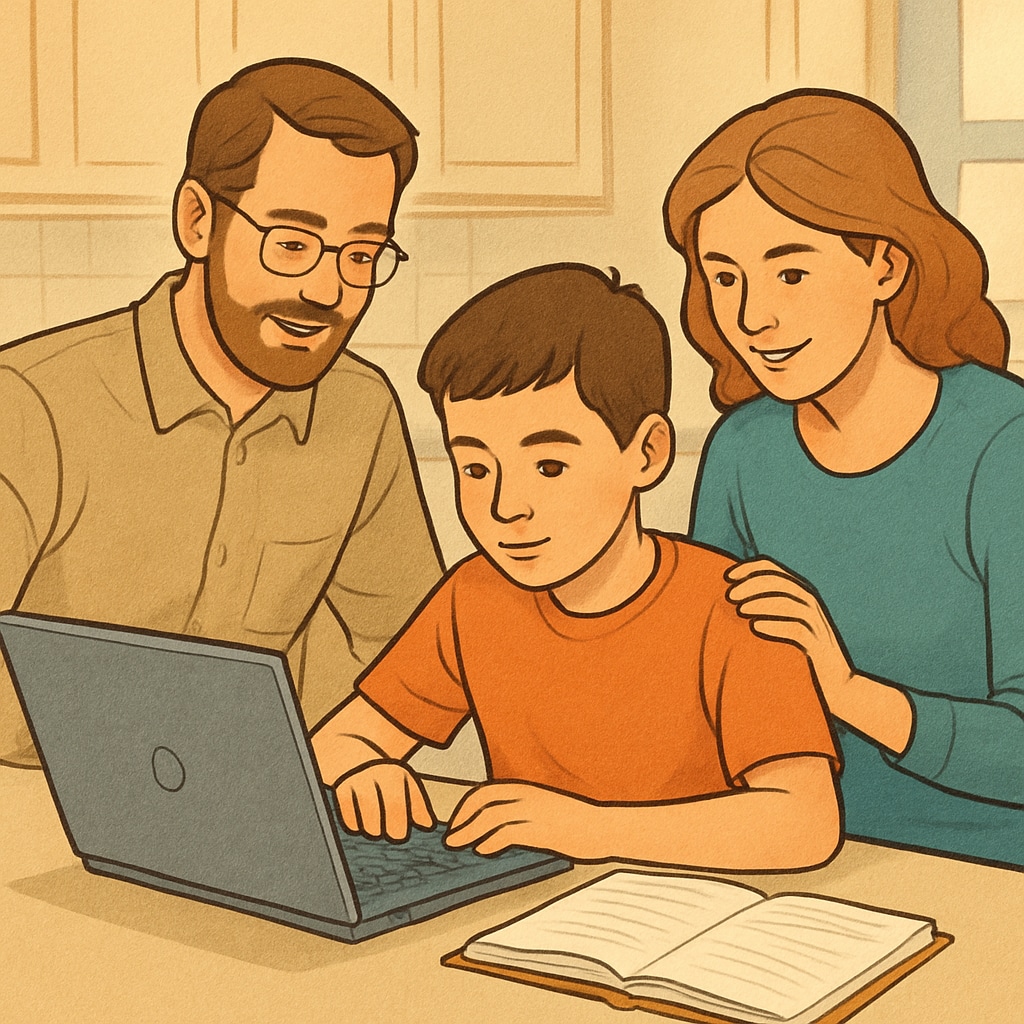In recent years, the rise of online public education has captured the attention of parents seeking flexible and high-quality learning options for their children. The factors driving this shift are multifaceted, ranging from the need for personalized learning to the pursuit of work-life balance for families. In this article, we will delve into the key motivations behind parents’ decisions to embrace online public education, exploring how it meets the diverse needs of modern families.
Personalized Learning: A Major Driver
One of the most compelling reasons parents choose online public education is its ability to offer personalized learning experiences. Unlike traditional classroom settings, online education allows students to progress at their own pace, revisit challenging concepts, and engage with materials that match their learning styles. For parents, this means their children can receive a tailored education that addresses their unique strengths and weaknesses.
Moreover, the use of advanced technologies, such as artificial intelligence (AI) and adaptive learning software, enhances the customization of educational content. For instance, platforms can identify areas where a student struggles and provide targeted resources to help them improve. This level of personalization ensures that students are not left behind or held back by the pace of their peers.

Balancing Family Life and Education
Another significant factor influencing parents’ decisions is the flexibility online public education provides. Many families today juggle busy schedules, with parents managing demanding jobs and children participating in extracurricular activities. Online education allows families to create schedules that work for them, reducing the stress of rigid school timetables.
For example, online learning enables students to attend classes from home, eliminating the need for long commutes. Parents can also be more involved in their children’s education, monitoring progress and providing support as needed. This adaptability is especially valuable for families with multiple children, as it simplifies coordination and allows for more quality time together.

Supporting Diverse Educational Needs
Online public education also caters to students with special educational needs or unique circumstances. Children with disabilities, medical conditions, or social anxiety can benefit from learning in a comfortable and familiar environment. Additionally, online platforms often provide specialized resources, such as speech therapy or assistive technologies, to ensure these students receive the support they need to succeed.
For gifted students, online education offers opportunities to accelerate their learning and explore advanced topics beyond the standard curriculum. Parents of such students appreciate the flexibility to nurture their child’s interests and talents without being constrained by traditional classroom structures.
Quality Assurance and Trust in Public Institutions
While private online schools have been available for years, many parents prefer online public education because it combines flexibility with the credibility and accountability of public institutions. Public schools are typically required to meet state education standards, ensuring that students receive a quality education aligned with national benchmarks. This assurance is particularly important for parents who value both innovation and stability in their children’s learning environments.
Additionally, online public education is often more affordable than private alternatives, making it accessible to a broader range of families. The availability of government-funded programs further reduces financial barriers, enabling parents to prioritize their children’s education without overextending their budgets.
The Future of Online Public Education
As technology continues to advance and societal needs evolve, online public education is poised to play an increasingly significant role in the educational landscape. Its ability to adapt to diverse learning styles, accommodate family schedules, and support students with unique needs makes it an attractive option for many parents. By embracing this model, families can ensure their children receive a high-quality education that aligns with their values and circumstances.
In conclusion, the motivations behind parents’ choices to pursue online public education are varied but interconnected. From personalized learning opportunities to enhanced work-life balance and accessibility for special needs students, this educational approach addresses the challenges of modern family life. As more parents recognize its potential, online public education will likely continue to grow, shaping the future of how we learn and teach.
Readability guidance: This article uses concise paragraphs and clear subheadings to improve readability. Key points are summarized in lists where appropriate, and transitional phrases are used to enhance flow.


